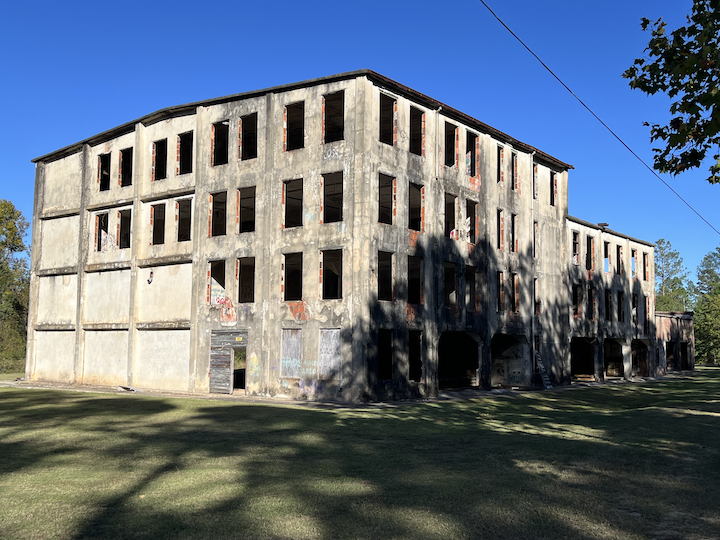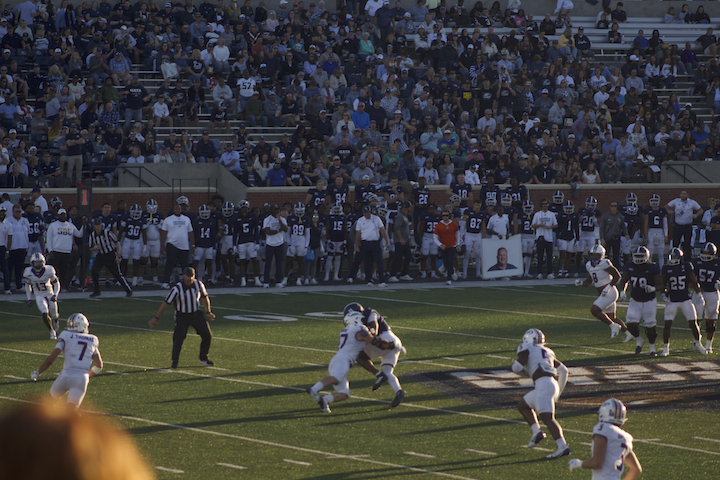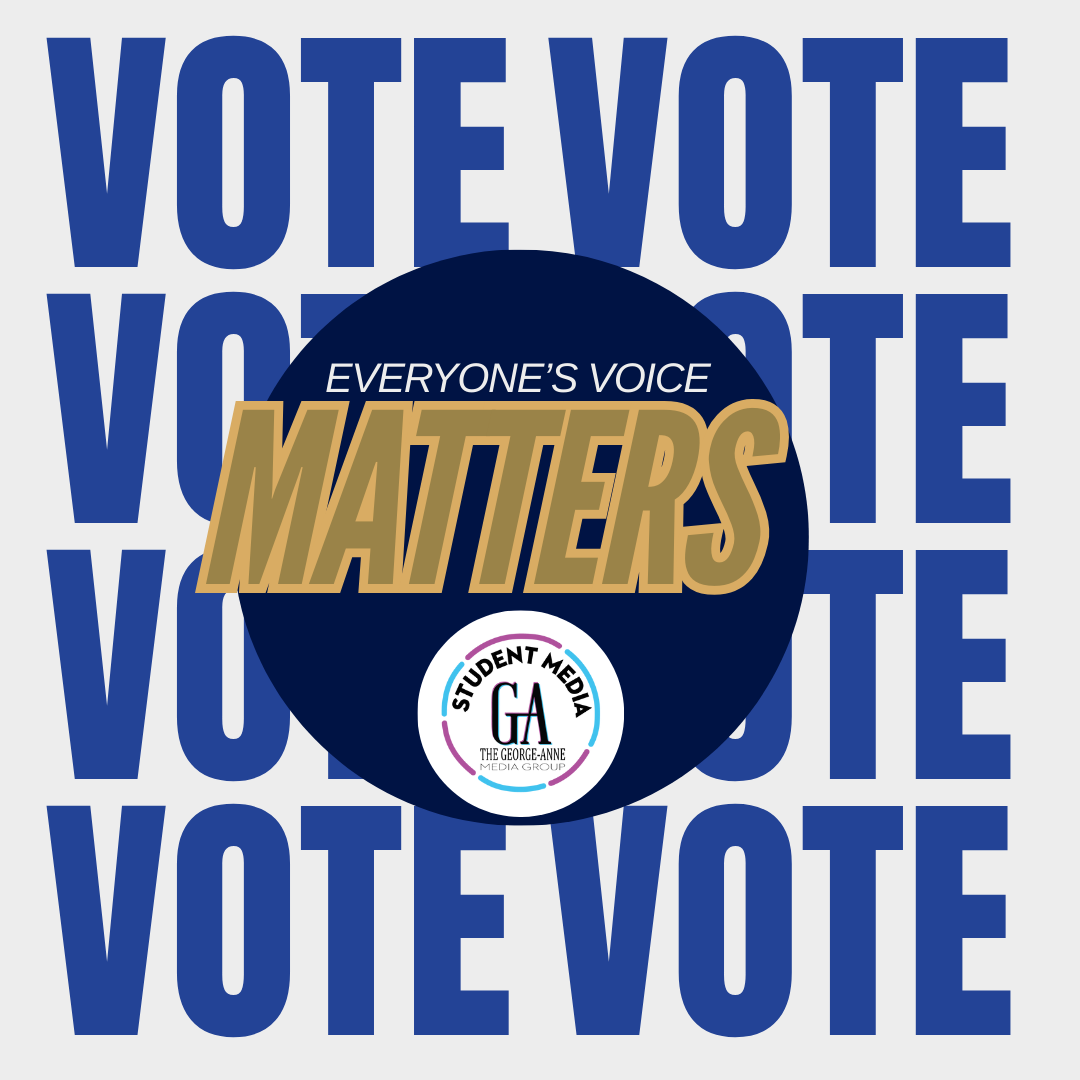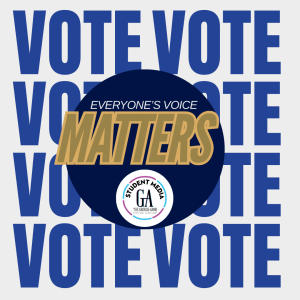What the hell is a caucus?
February 9, 2016
The Iowa caucus was held on February 1st and the results had Ted Cruz winning the republican side and Hillary Clinton winning the democratic side. Cruz beat Donald Trump by 3.2 percent, which is roughly 6,000 votes. Clinton defeated Bernie Sanders by 0.3 percent and, based on false information, six coin flips. Now, I am fairly certain that I know what you are thinking. What the hell is a caucus, why do I care and coin flips?
A caucus is used as another form of nominating candidates for the primary ticket. The meetings work in the way that voters gather to show their support and select delegates for the nominating conventions. But the drastic difference is between the way the republican and democratic parties determine the amount of votes per candidate. For the democratic candidates, the voters divide into groups based on their preferred candidate. For the republican candidates, the voters cast a secret ballot.
“A caucus, in general, is kind of like a very intensive primary,” Joshua Kennedy Ph.D., assistant professor of political science, said, “People are divided in caucus states into various precincts and, come election day, rather than going to a polling place and just casting a ballot and leaving, they go to some designated location.” At this location, the people line up based on which candidate they are supporting. This in turn decides what candidate the state’s delegates will vote for in the national convention.
As college students, this affects us more than you would expect. The early votes can drastically change the face of the presidential race for the rest of election season.
“I think it’s important to pay attention particularly to find out who the viable candidates are,” Kennedy said, “By the time the Georgia primary, the super Tuesday primary, rolls around people may have a sense of, okay, here are the candidates who are really starting to come into their own, here are the candidates that are just treading water and maybe that gives people the opportunity to reevaluate their choice.” The Georgia primary is less than a month away and many college students will be able to vote for the first time. According to The Guardian, this is the first Iowa caucus in over a decade that took place while colleges were in session. A large amount of the student population has the option of paying attention to how the race is turning out as time goes on.
Our population makes up two-thirds of Statesboro and according to the University System of Georgia in 2014, the enrollment in colleges and universities totaled in at 312,936. Voters in college can drastically change the course of the political race. To make an educated decision about which candidate to cast your ballot for, it is imperative to pay attention to the state caucuses and primaries.
Finally, the minor detail of Hillary Clinton winning the last two delegates by six coin flips. The fact of the matter is the democratic decision to use a caucus has a correlation on the type of voting that was used. The argument can be made that if the democratic voting was done in the same format that the republican was, there would not have been any reason for a coin flip. There is a chance that it would make no difference at all, but either way a coin flip is an interesting way to decide a winner to be a representative for the nation. “If they simply have no other option, I understand why. It seems strange to say, okay well we can’t make a decision so it’s literally going to come down to coin flips. It’s a little strange, a little odd, a little undemocratic. Very undemocratic because it’s leaving it up to chance,” Kennedy said.









Jill • Jun 15, 2021 at 2:00 pm
Biden is a weak old man and not fit to be in office